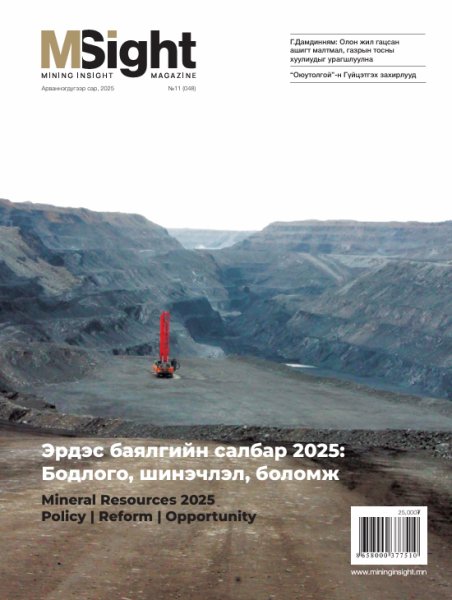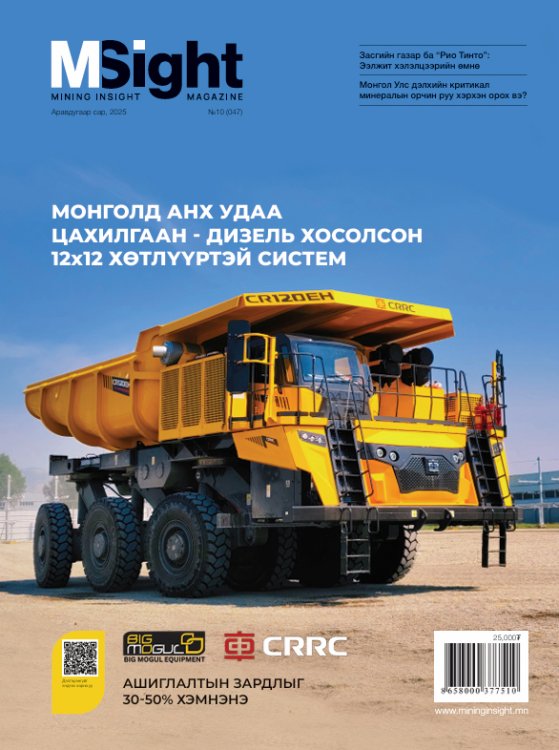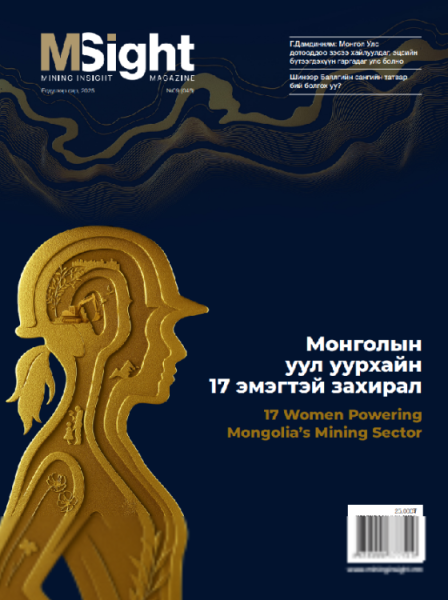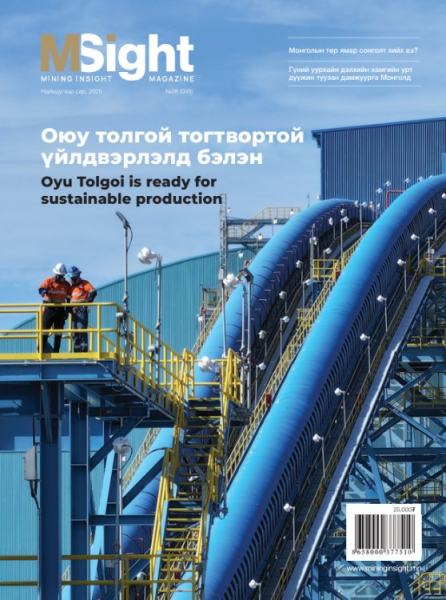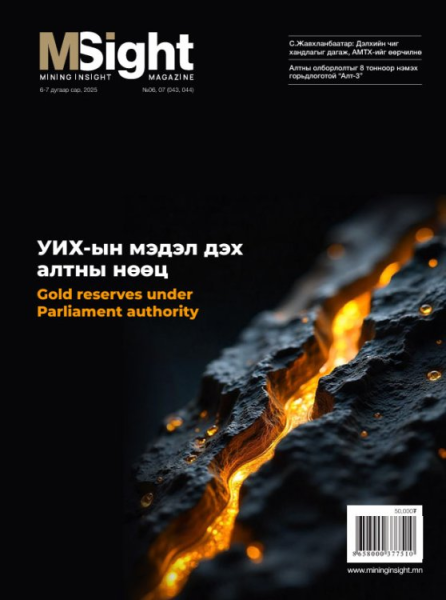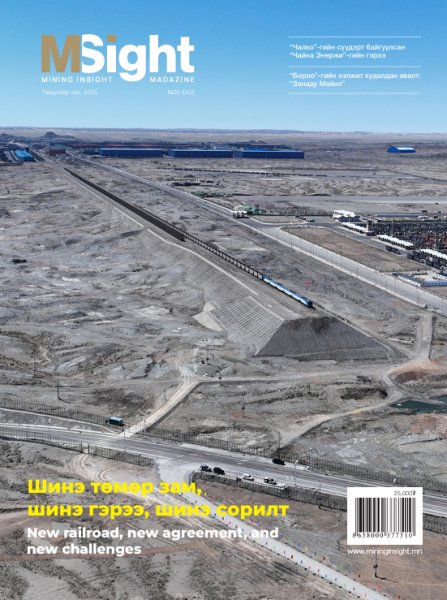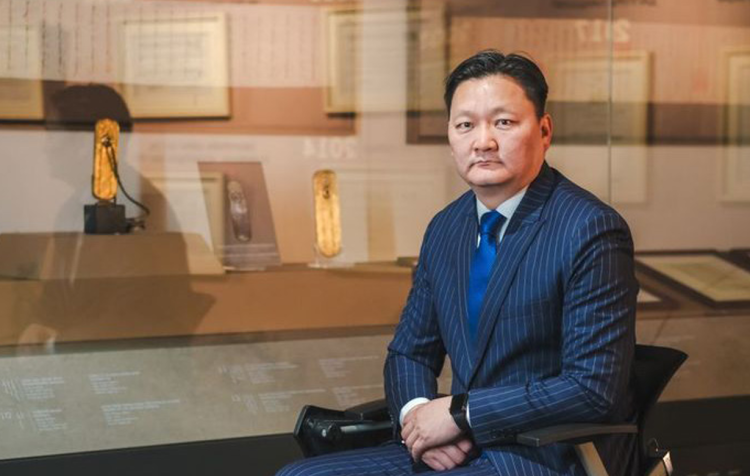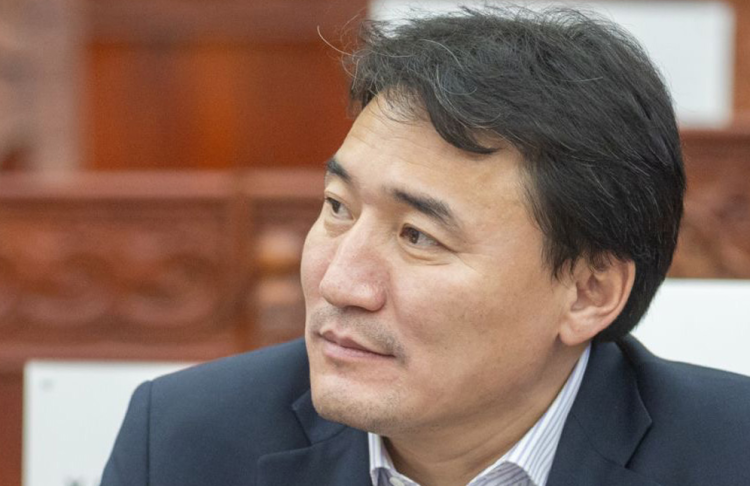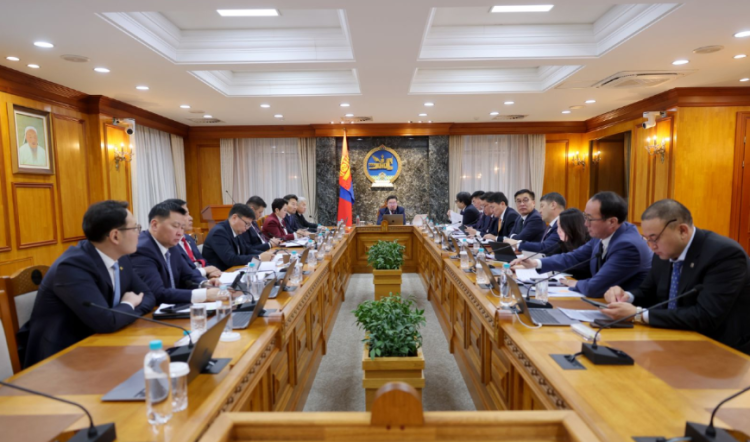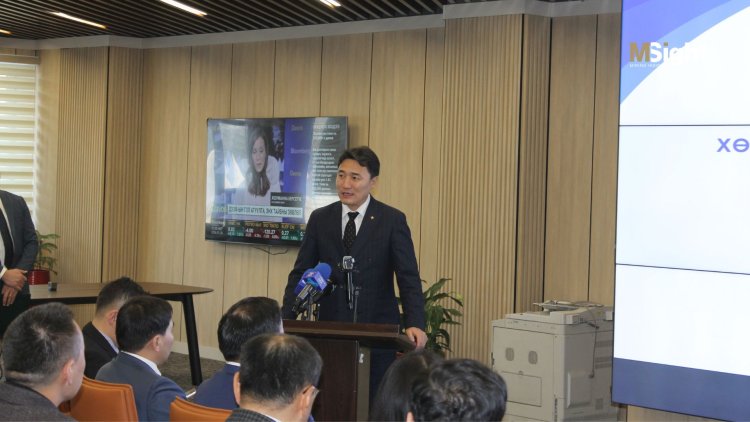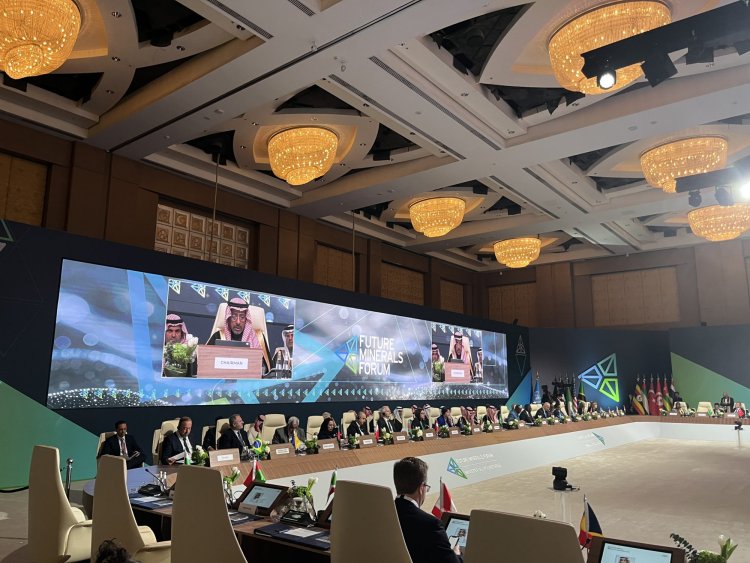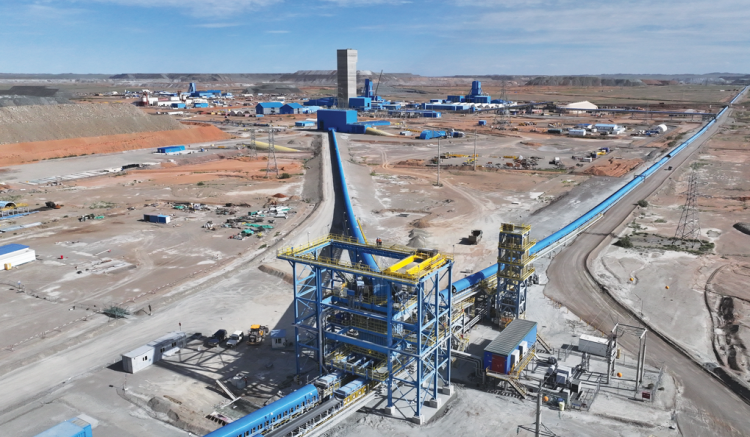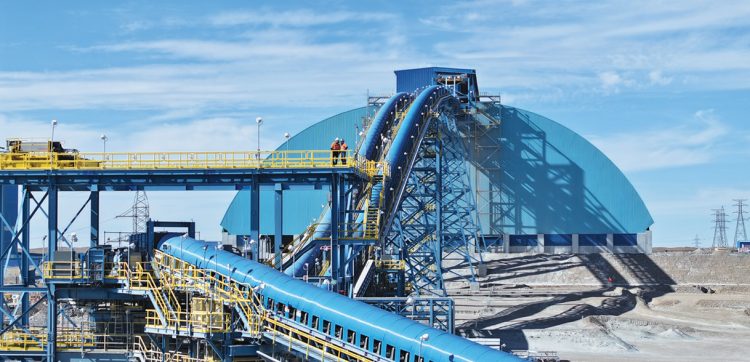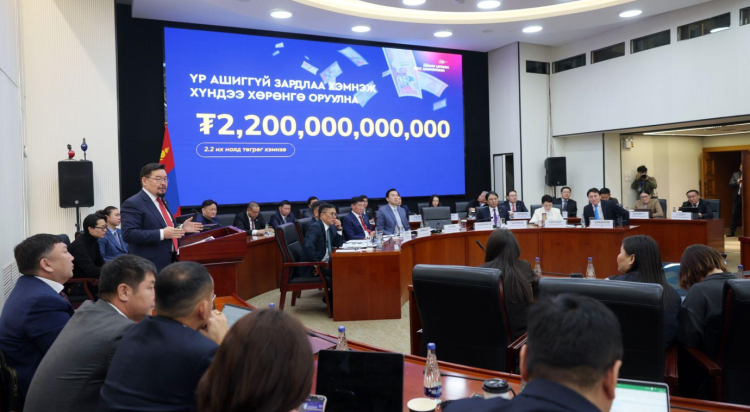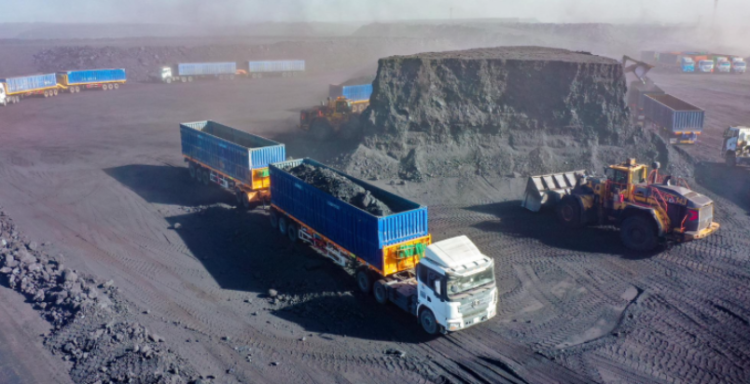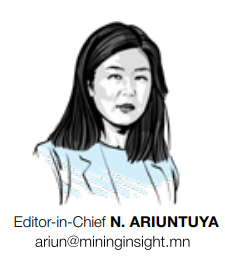 Mongolia’s political and social life has experienced an unusually turbulent month, filled with scandals, turning points, and rapid developments. Amid ongoing geopolitical tensions and trade wars, global commodity prices have remained high, creating favorable conditions for Mongolia’s major export products. Gold has reached record prices, copper the country’s second-largest source of export revenue has also strengthened, and coal exports have climbed to an all-time high. Yet, despite these positive economic indicators, the country’s political landscape has been anything but calm. For the first time in Mongolia’s history, both the Speaker of Parliament and the Prime Minister were dismissed on the same day an unprecedented event. Just five days later, the Constitutional Court ruled that the dismissal of the Prime Minister was unconstitutional.
Mongolia’s political and social life has experienced an unusually turbulent month, filled with scandals, turning points, and rapid developments. Amid ongoing geopolitical tensions and trade wars, global commodity prices have remained high, creating favorable conditions for Mongolia’s major export products. Gold has reached record prices, copper the country’s second-largest source of export revenue has also strengthened, and coal exports have climbed to an all-time high. Yet, despite these positive economic indicators, the country’s political landscape has been anything but calm. For the first time in Mongolia’s history, both the Speaker of Parliament and the Prime Minister were dismissed on the same day an unprecedented event. Just five days later, the Constitutional Court ruled that the dismissal of the Prime Minister was unconstitutional.
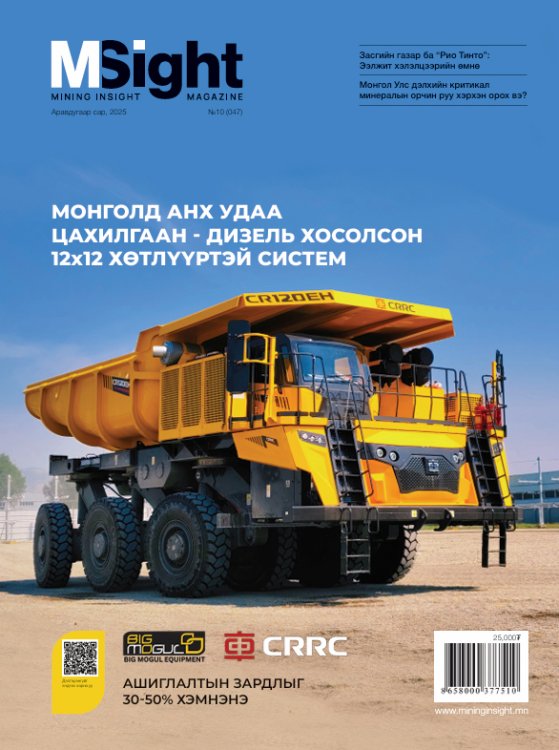 As a result, the government continues to function under the same leadership, while the dismissed Speaker now on the opposing side of this political standoff has been indicted by the Anti-Corruption Agency in connection with the “coal theft” case. With mining once again at the center of political upheaval, the sector is likely to undergo significant changes and movement in the coming months. After regaining political stability, Prime Minister G. Zandanshatar announced his determination to “fight relentlessly against the theft of wealth and coal corruption,” and began to take tangible steps to demonstrate this resolve. One of his first actions, under his special constitutional authority, was to appoint Member of Parliament B. Enkhbayar as Minister of Justice and Internal Affairs. Enkhbayar, who had previously chaired the parliamentary hearings on coal theft and publicly accused the former Speaker of involvement, was tasked with leading investigations and ensuring accountability in the coal sector.
As a result, the government continues to function under the same leadership, while the dismissed Speaker now on the opposing side of this political standoff has been indicted by the Anti-Corruption Agency in connection with the “coal theft” case. With mining once again at the center of political upheaval, the sector is likely to undergo significant changes and movement in the coming months. After regaining political stability, Prime Minister G. Zandanshatar announced his determination to “fight relentlessly against the theft of wealth and coal corruption,” and began to take tangible steps to demonstrate this resolve. One of his first actions, under his special constitutional authority, was to appoint Member of Parliament B. Enkhbayar as Minister of Justice and Internal Affairs. Enkhbayar, who had previously chaired the parliamentary hearings on coal theft and publicly accused the former Speaker of involvement, was tasked with leading investigations and ensuring accountability in the coal sector.
The government has since established a special task force to combat the theft of natural wealth, issued directives to identify and prosecute those responsible for coal related corruption, and announced plans to transform Erdenes Tavantolgoi JSC into a publicly listed company before the Lunar New Year. As part of this process, the company will undergo an international audit, and all coal sales and purchase agreements signed since 2010 will be disclosed. The government has also launched the “Justice in Wealth” public information channel and media fund, alongside a Public Oversight Council, to promote transparency and citizen engagement. These measures are aimed at improving governance and accountability in state owned mining companies, particularly those under the Erdenes group, and at strengthening the overall transparency and efficiency of the sector. On the private sector side, the Prime Minister’s directive includes a comprehensive review of investment agreements for strategic deposits, especially those whose terms have expired, to assess potential losses and determine whether state equity participation should be revised.
These reviews may involve deposits such as Tumurtein Ovoo (zinc), Nariinsukhait (coal), and Boroo (gold), whose stability agreements have recently expired. Earlier, in August, the Prime Minister established a working group to accelerate implementation of the National Wealth Fund Law and decided to appoint Special Plenipotentiary Representatives (BETs) for each of the sixteen strategic deposits. In September, he met with executives of the companies operating these deposits and presented his key policy direction: to clarify state ownership in strategic resources and introduce a new taxation mechanism that replaces direct ownership with a special Mineral Royalty system. He also proposed consolidating all taxes paid by mining companies into a unified “Wealth Tax” system, and reforming the Future Heritage Fund to serve as a more productive instrument channeling returns not into low yield savings but into affordable housing loans and social priorities such as reducing air pollution and supporting fuel security. Under what he termed the “50+1% Wealth Tax” principle, a working group headed by Cabinet Secretariat chief S. Byambatsogt was instructed to negotiate with private companies operating strategic deposits and to present proposals to the government before year’s end. Prime Minister G. Zandanshatar explained that integrating all mining-related taxes into a single Wealth Tax would realize the intent of the National Wealth Fund Law to ensure that the majority of the benefits from Mongolia’s mineral wealth reach the people while making the distribution of this public benefit visible and measurable. Although this initiative was soon overshadowed by the political turmoil of October, it is expected to reemerge as a key topic on the government’s agenda in the near future.
Meanwhile, this month also marked the start of negotiations to lower the interest rate on the Oyu Tolgoi loan. Under the investment agreement, such discussions may take place once every seven years. The issues under negotiation and the conditions required for a successful outcome were explored in Mining Insight’s article, “The Government and Rio Tinto: Before the Next Round of Negotiations.”




